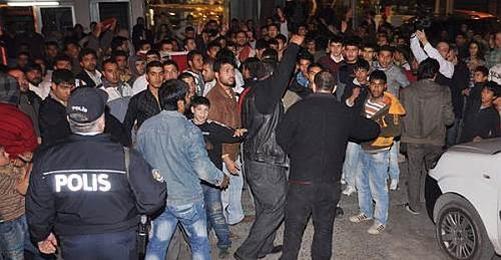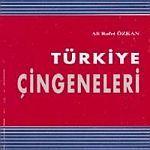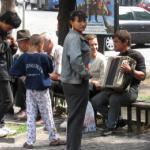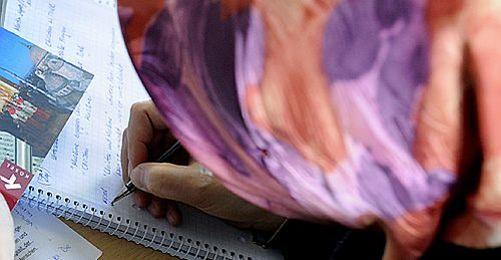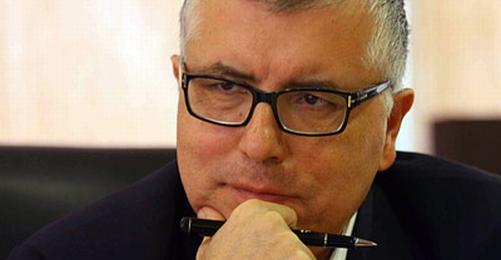A trial was opened against 80 defendants involved in the attack against Roma in Selendi, a district of the city of Manisa in western Turkey, in January 2010. Tensions had started when a Romani person was told "No tea for gypsies" in a coffee shop on New Year's Eve. The tensions eventually turned into a fight in which houses, tents and vehicles of the Romani were torn down or set on fire; tables and windows were shattered. The 80 defendants on trial are facing prison sentences of between three and 150 years.
The Roma were forced to leave the Selendi district as a result of the incident. The Selendi Public Prosecutor, Makbule Karadağ Çetin, prepared the indictment of the case. The defendants are charged with "damaging property", "inciting the public to hatred and hostility", "humiliation" and "opposing the Law on Meetings and Demonstrations".
First hearing on 16 December
The indictment seeks various prison terms of between three and 150 years.
Before the first hearing at the Selendi Criminal Court of First Instance on 16 December, the Roma who were subject of the attack will be summoned to the Salihli Courthouse on 11 October to give their statements. The Roma were forced to move from Selendi to Salihli after the attack.
Lawyer Küey: Another trial should be opened on discrimination
Lawyer Hilal Küey, legal councillor of the Roma, appreciated the fact that the prosecutor based the indictment on Article 216 of the Turkish Criminal Law on "inciting hatred and hostility amongst the public and humiliation of the public." In an interview with bianet Küey explained:
"Of course it is very gratifying that the prosecutor acknowledges the crime of inciting hatred and hostility in a lynch incident. Yet, I was expecting her to acknowledge discrimination as well because the clashes evolved from the fact that Roma were not allowed in a coffee shop, that a service was refused to them. One ethnic group was exiled from one place to another".
Küey demanded to open a further case against the defendants under charges of "discrimination on grounds of language, race, colour, gender, disability, political ideas, philosophical beliefs, religion, sect or other reasons" according to article 122 of the TCK. "In the petition I submitted we requested to open a trial under article 122 TCK as well. But this was not considered".
"Principle of a fair trial will be violated"
Küey raised concerns over Selendi as the location of the trial. He said that this might create a "security" problem and that he applied to the Minstry of Justice for a relocation of the hearings.
Küey argued, "One of my clients was attacked again when he went to Selendi during the religious festival [in the beginning of September]. There will be securtiy problems and also the principle of a fair trial will be violated if the trial should not be relocated to a safer palce".
"Indictment should be an example for the government"
The President of the Izmir Roma Association, Abdullah Cıstır, appreciated the inclusion of charges of "humiliation" in the indictment. "We find the definition of 'humiliation' in the indictment very positive. This means that discrimination is accepted to be a crime. We hope that the indictment will be an example for the draft bill and the government's opening process towards Roma", Cıstır indicated.
Cıstır told bianet: "The prosecutor accepted 'humiliation' as a crime in the indictment. This means that hatred and discrimination are accepted as crimes as well. We consider it very important that this definition was included in the indictment. We hope that the indictment will be a deterrent in the future for people who intend to instigate his kind of provocative incidents". (SP/EÖ/VK)
* This news is partly based on Hürriyet newspaper and CNN Türk.





